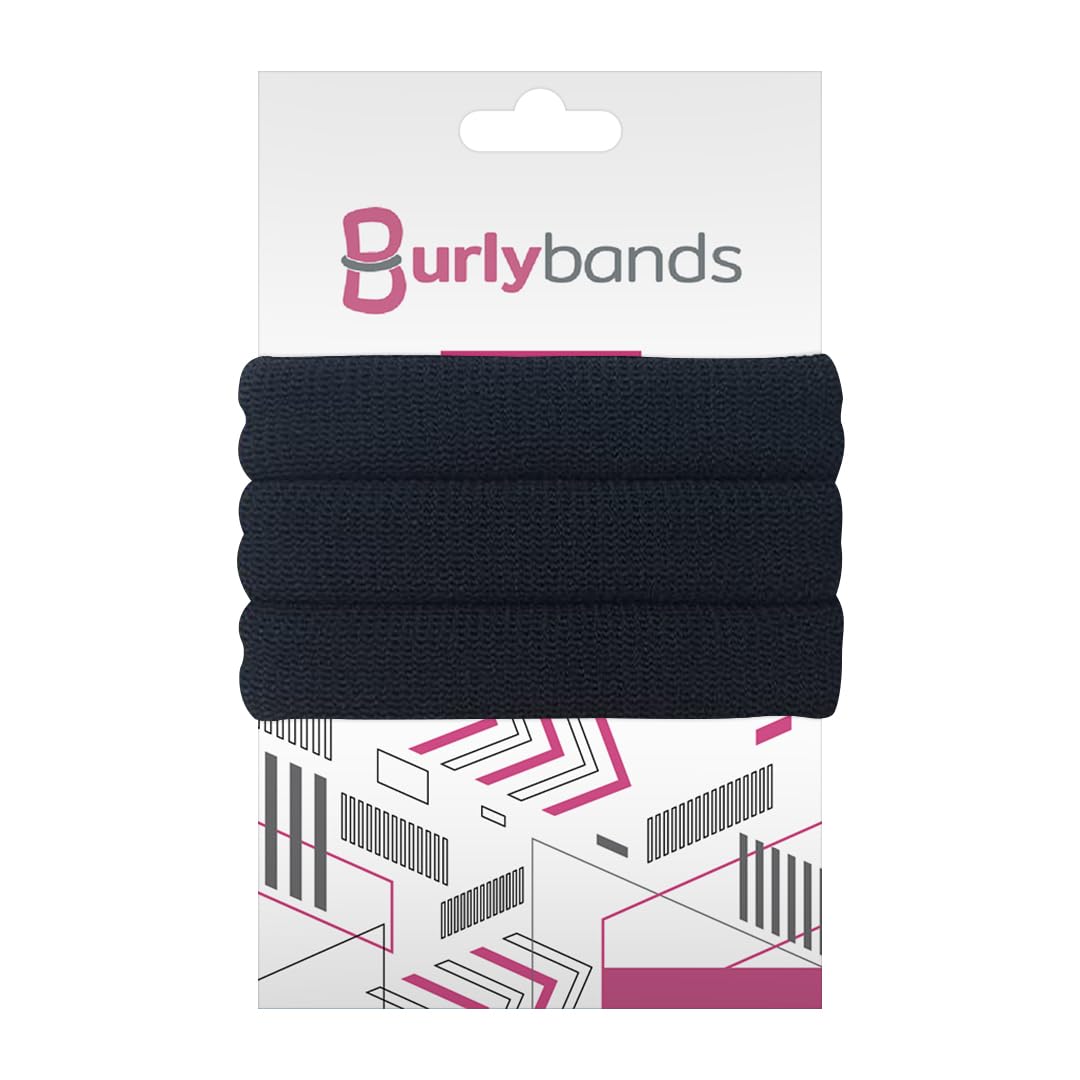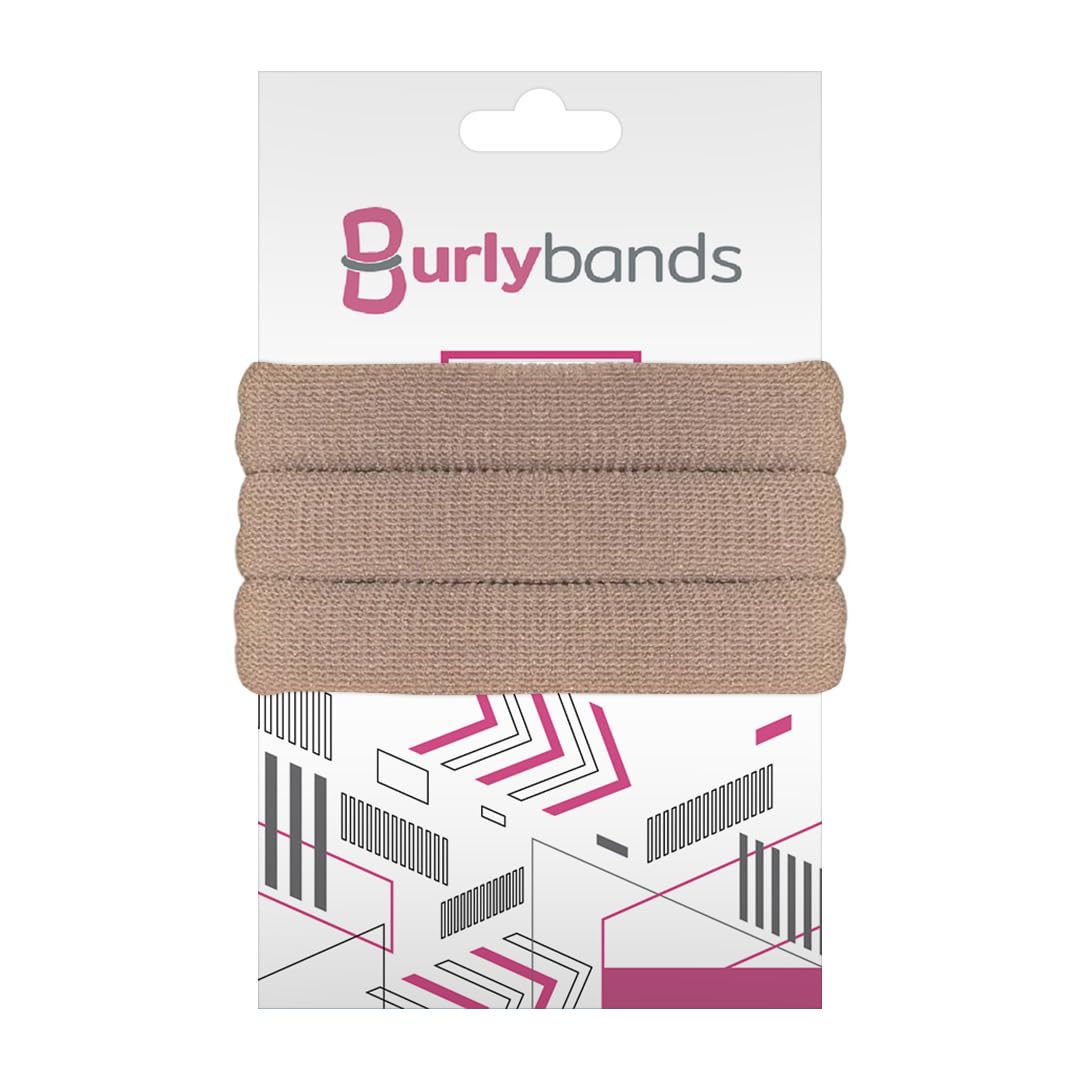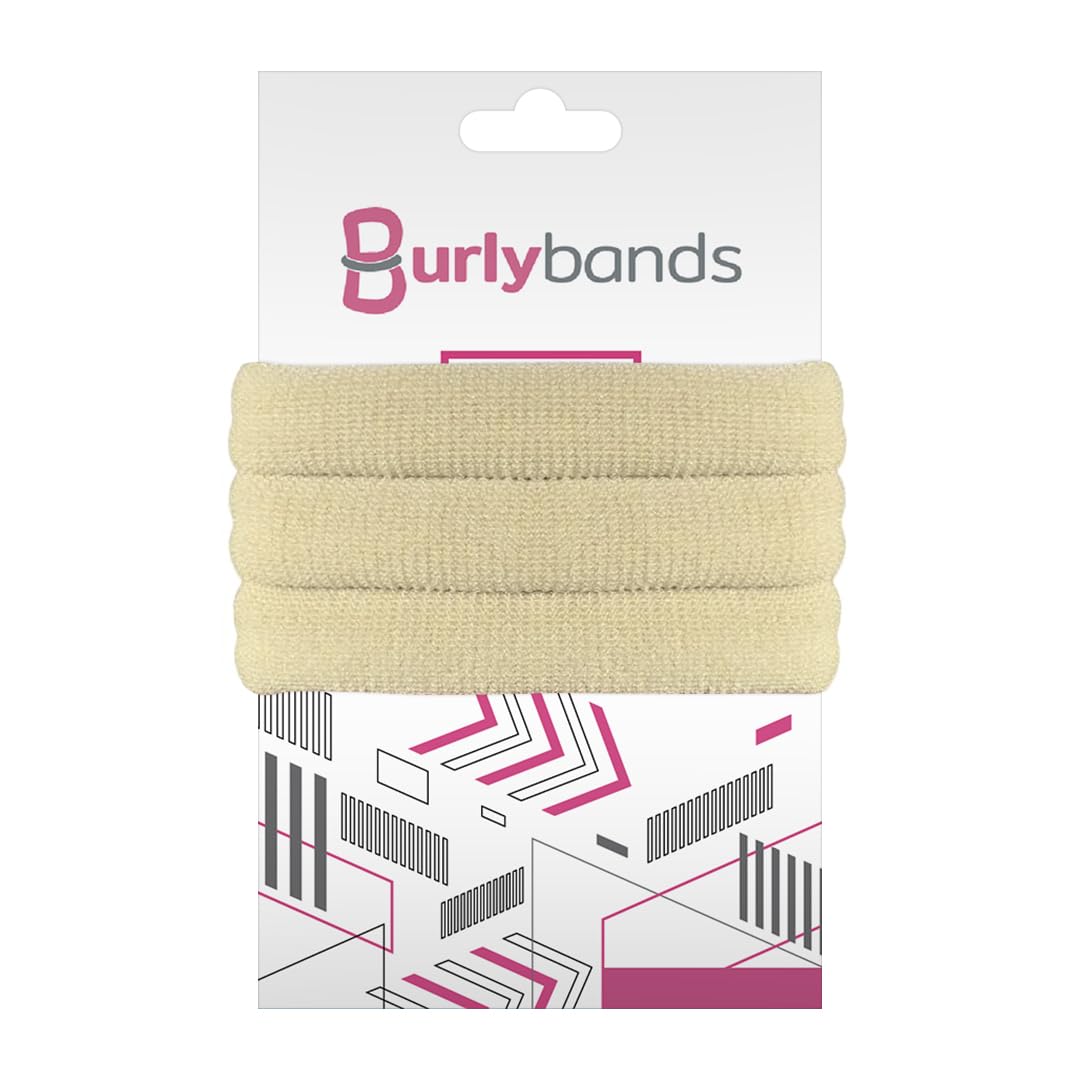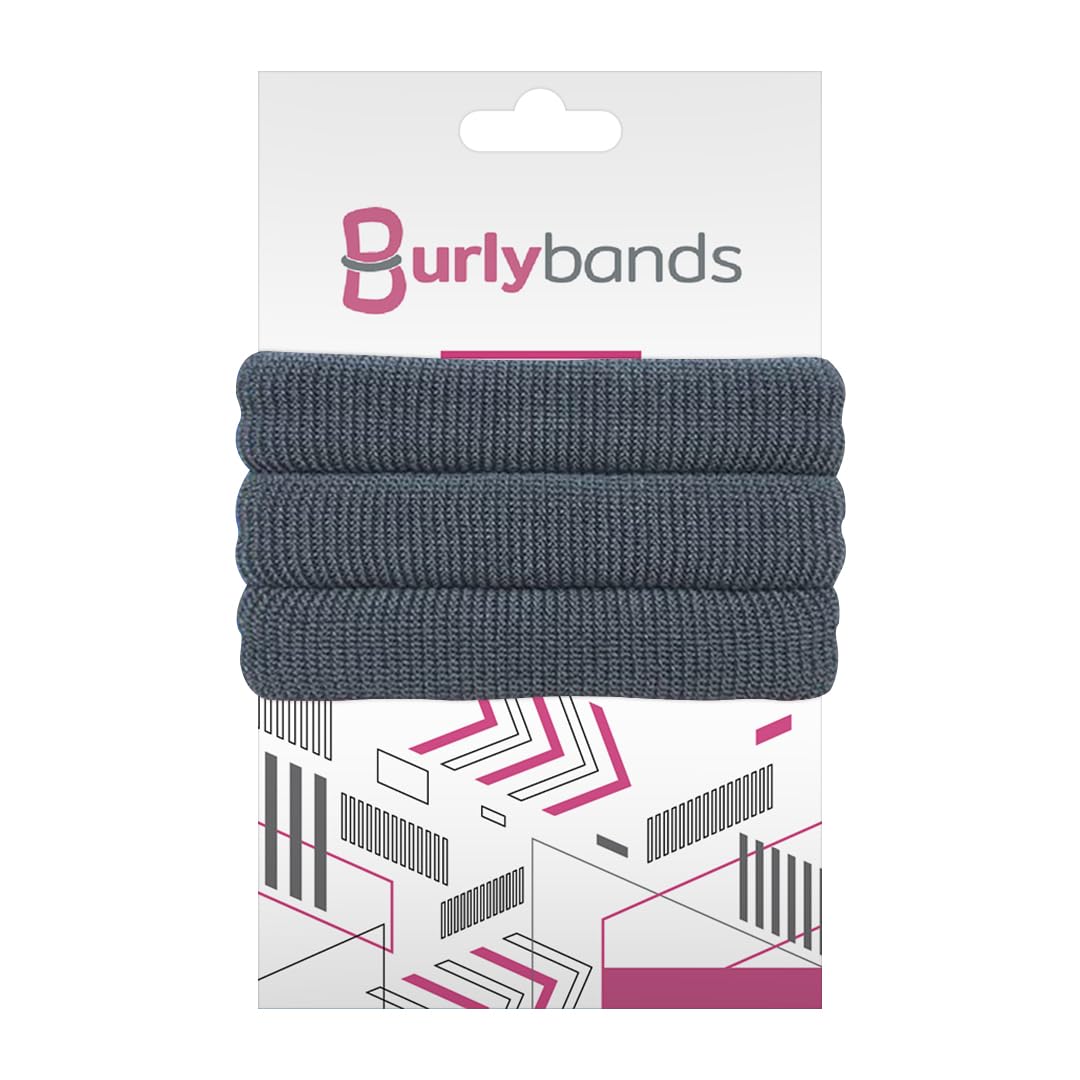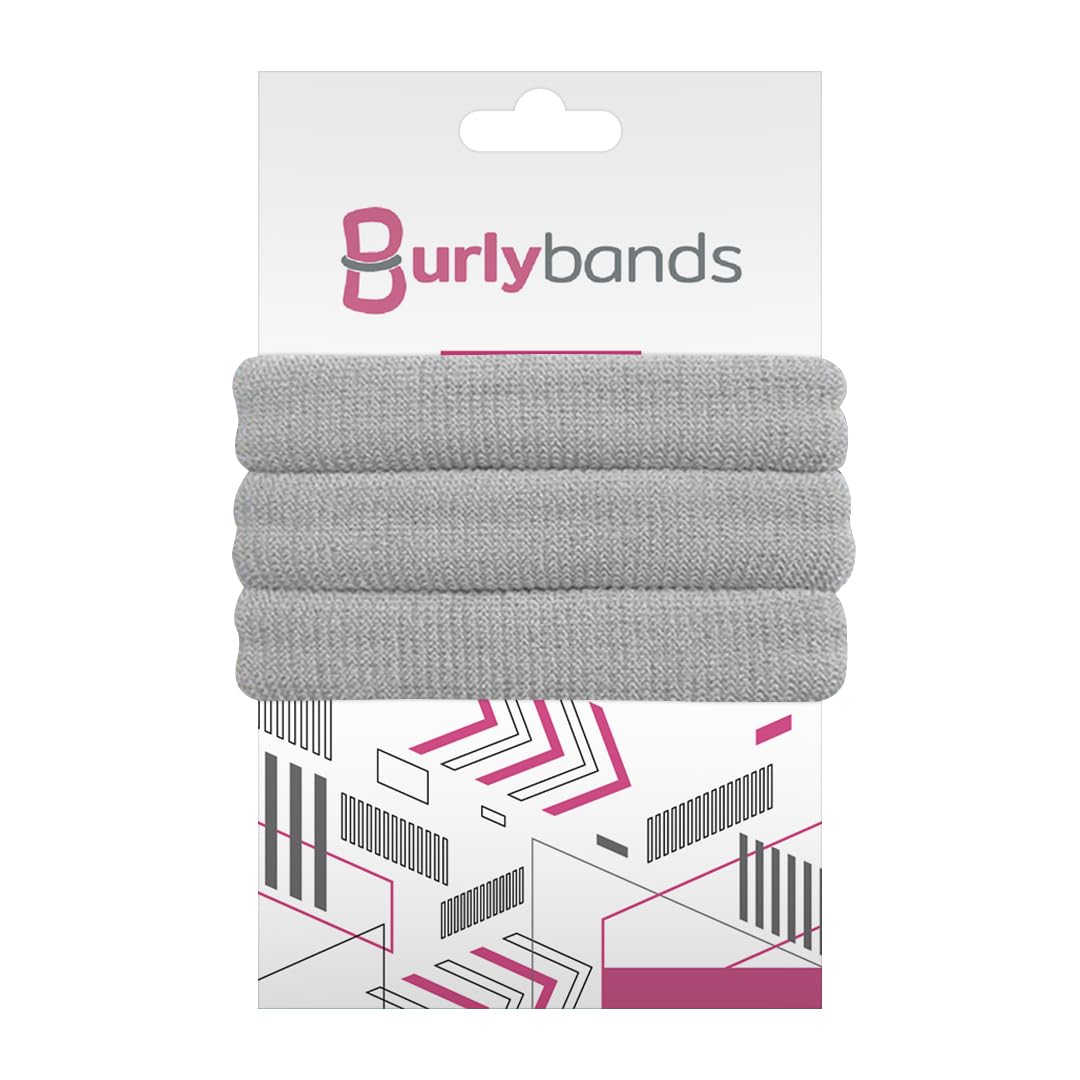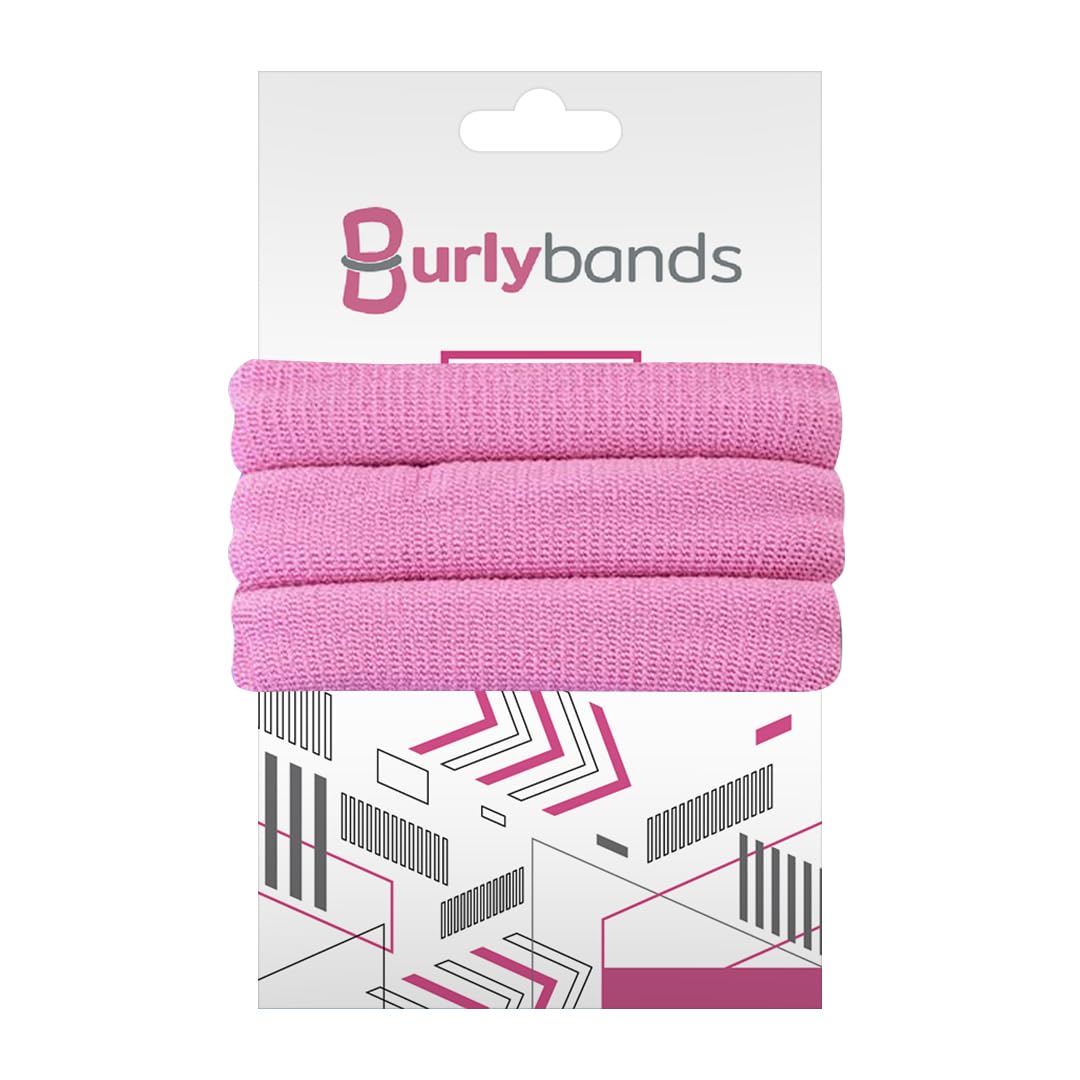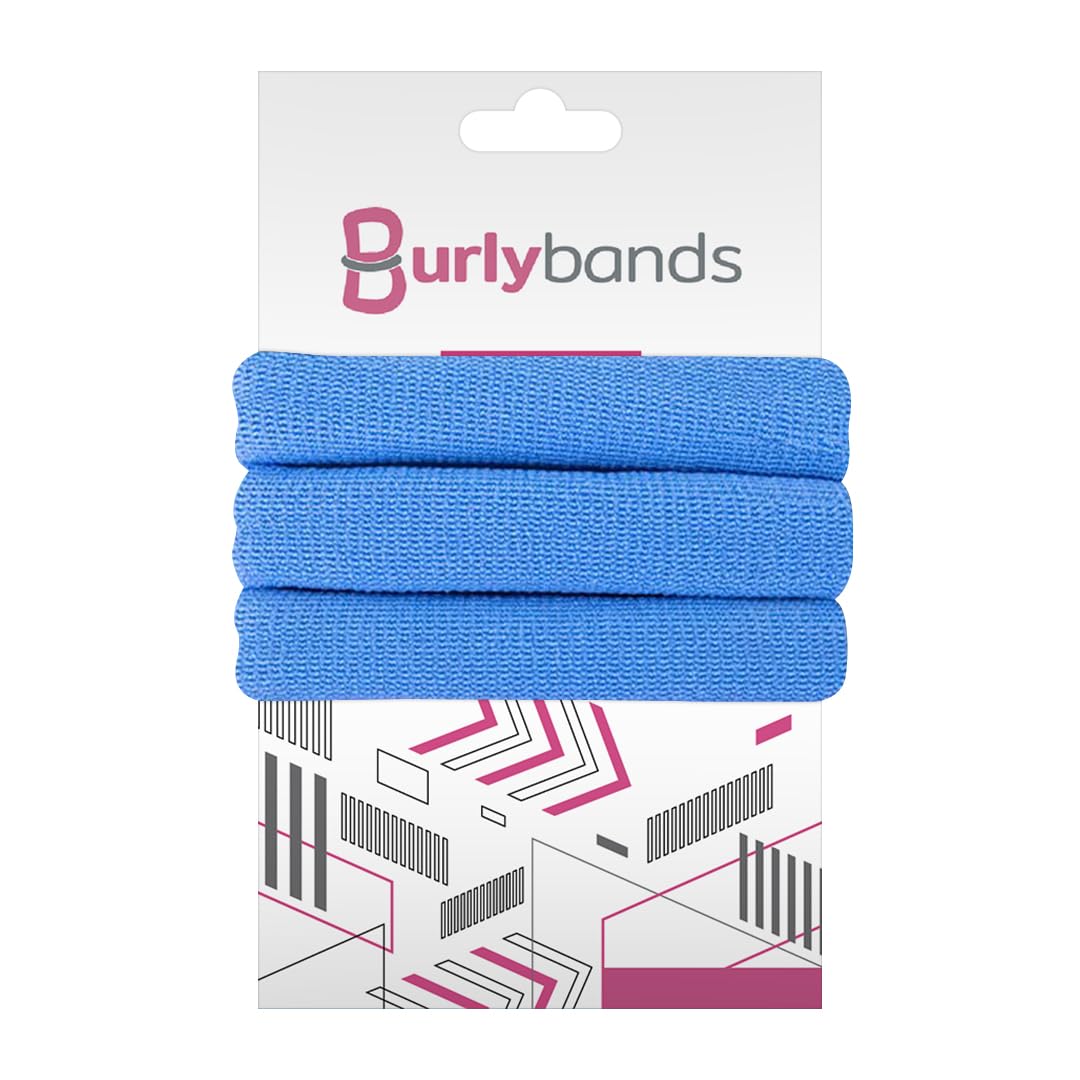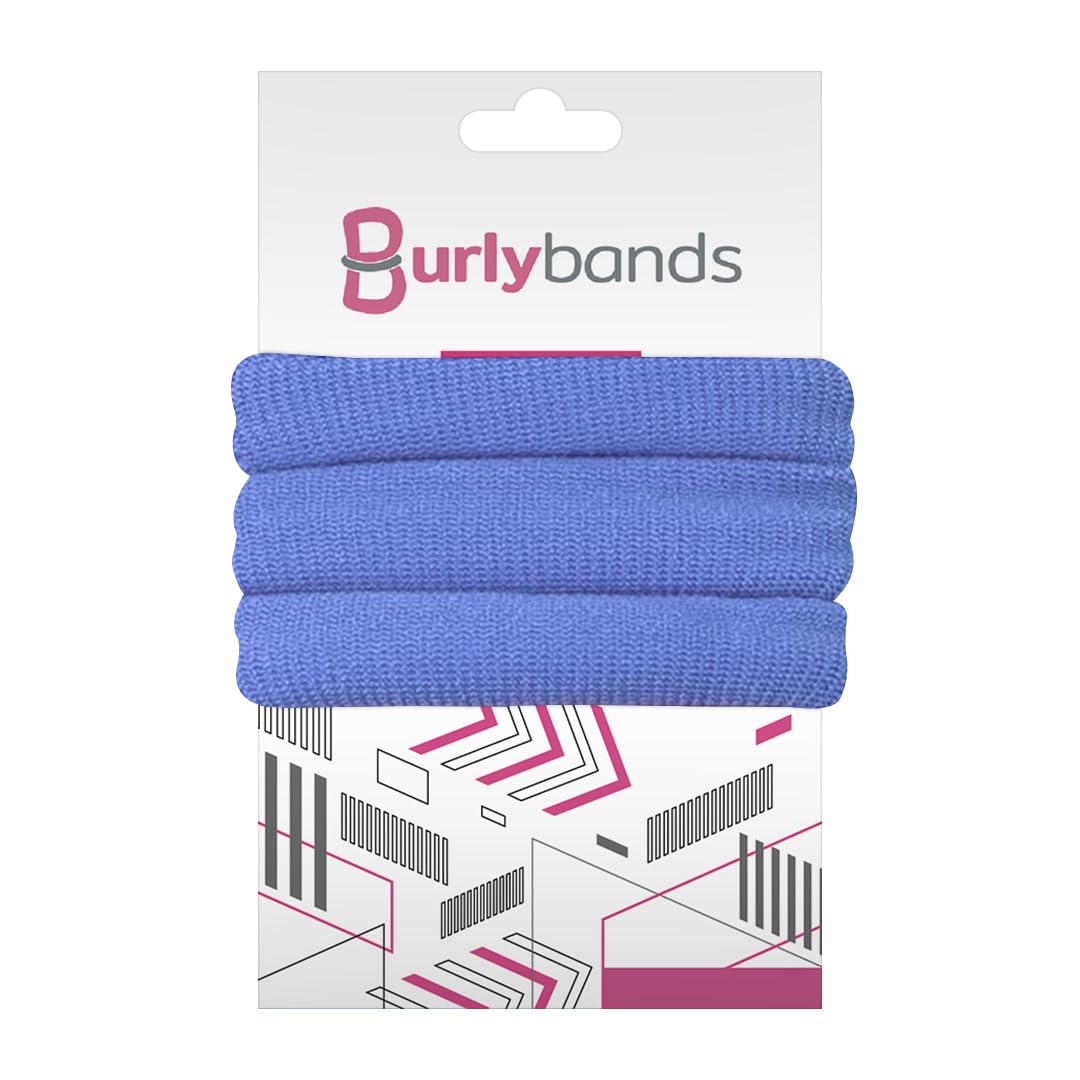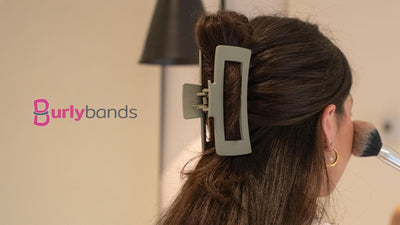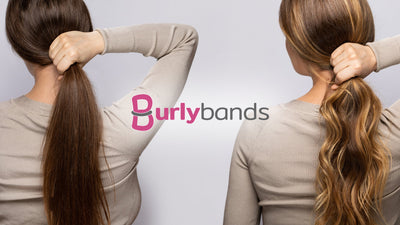Tying your hair up into a messy bun with a hair tie is undoubtedly your initial reaction when you want to get your strands out of your face. In fact, you may have a hair tie on your wrist or in your purse that you may use in an emergency. Hair ties have been a part of your life since you can remember, and they're a staple in every bathroom drawer, but what if they're doing more harm than good? We've revealed the facts regarding hair ties and hair damage below, so you can keep rocking updos without worry.

Credit: Envato Elements/ Rawpixel
Are you tired of a saggy pony, dented wrists, and that impending headache your hair tie always causes? We’ve got the perfect solution for you! Below is a list of reasons why you should ditch your traditional hair ties and ponytail holders and go for something more suited and comfortable for your hair.
Your Hair Is Breaking As We Speak

Credit: Envato Elements/ YuriArcursPeopleImages
You're literally begging for a murder scene to occur with your hair by using normal hair ties. There are a few drawbacks to traditional bands that we have all fallen victim to at one point or another. Hair gets damaged when it is pulled back too tightly using a hair elastic. With a typical hair tie, a pony that is too tight cuts into the hair shaft, causing fraying. Worse, pulling hair back considerably tighter results in hair loss from the root. So, what's the catch? What is the best way for women to maintain their hair from looking frayed? Another mistake most of us make is tying our hair up when it is wet. When you put a hair tie in wet hair, you're actually applying pressure and stretching hair in a few different areas, causing it to pull out at the root or be damaged at the hair tie.
Stop putting your hair on the line for the sake of beauty! Burlybands allow women to choose their own hairstyles without hurting their hair for the rest of their lives. They hold your hair securely without being too tight and won't cause breakage.
Your Wrists Will Be Dented

Credit: Envato Elements/ ratmaner
I believe we can all agree that the best place to leave hair ties or rubber bands is on your arm. It's the most practical approach to avoid worry when you realize you don't have a hair tie when you need one.
Regrettably, you now have a 99 percent chance of denting your arm. Although wearing your hair tie or rubber band on your wrist may be convenient, if you keep it on for more than a couple of hours, it can cut off circulation.
Hair ties are something that every woman has. However, not all bands are safe. Bands with glitter or metal should be avoided if you have sensitive skin or are allergic to certain materials.
It Never Lasts

Credit: Envato Elements/ wirestock
Most bands are made of elastic and cannot be stretched beyond a particular length. Even popular bands stretch out after continuous usage and must be shrunk by immersing them in hot water or exposing them to the sun.
Every week, most women spend a few dollars on bands. Unfortunately, most of them snap, are too tight, cause breakage to your hair and never last. Why spend so much when you can get Burlyband's hair ties for a fraction of the price?
It's Painful

Credit: Envato Elements/ 13people
Although there are no pain-sensing neurons in your hair, there are highly sensitive nerves beneath your hair follicles and in your scalp.
A headache can occur when a ponytail causes a sensation of tightness in too many of those nerves at the same time. These headaches are a sort of external compression headache, which means they're brought on by an external stimulus. They are classified as an allodynia. That's when a relatively harmless sensation, such as pulling your hair back, becomes painful.
Burly Band's gentle and stylish hair ties don't leave a big crease like traditional hair ties, and won't snag or damage your hair.
Ways To Keep Your Hair From Getting Damaged

Credit: Envato Elements/ Image-Source
If you don't want to give up your ponytail but still want to protect your hair, consider the following options:
- Make sure your band has no metal fastenings (i.e. damage-free hair ties). Silk hair ties and coiled hair ties are ideal for people with damaged hair.
- Try using cotton hair ties.
- Use silky scrunchies at night. No matter the reason why you're sleeping in an ordinary hairband, you need to stop. The tossing and turning you do during the night add more pressure to your hair roots and shafts and can cause weakening. You can also try using a silk wrap.
- A new hairstyle might be the answer.
- Place the ponytail in various locations. Avoid placing it in the same location. A brand new hairstyle could do the trick. Trying out a different style could avoid putting pressure on that one location.
- To avoid traction alopecia, loosen up your ponytail. Elastic bands pull your strands and this causes breakage.
- When your hair is wet, never use an elastic band.

Final Thoughts
If you're wondering whether hair elastics are harmful to your hair, the answer is that it varies. There are many other types of bands available, but if you're using the usual colorful elastic band ones, they probably are.
To wear your strands up or back without causing harm, you don't need to toss away all of your bands, but you should stop wearing elastic bands to bed and replace them with something else when you have wet hair. Try these tricks above to avoid causing damage to your locks.
If you're searching for something different, try Burlybands, which are damage-free and soft on your hair. This way you can keep styles you love and keep the hair you love even more. They are an accessory that works with you, and not against you. They are the best choice for your hair type, be it thick or thin hair.
 Log in
Log in


